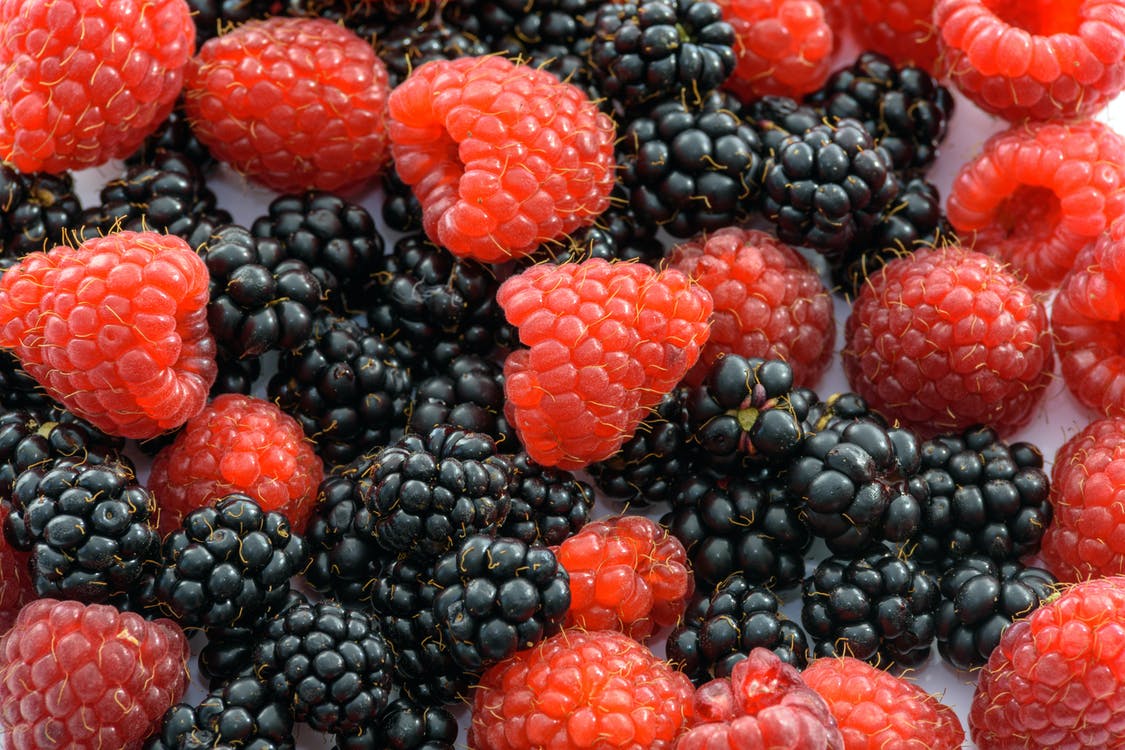DO U KNOW OF POLYPHENOLS?
Polyphenols are found in lots of plant-based foods and have been found to have numerous benefits for health.
Research has revealed numerous potential benefits of polyphenols, many of which have to do with reducing the risk of chronic disease or even supporting gut health. Here are a few noteworthy perks of polyphenols:===
1. Boost mitochondrial health.
Mitochondria are the powerhouses inside our cells, generating most of the energy we need to function. Over time, oxidative stress and age contribute to the decline in mitochondrial function, and our health suffers as a result. Several studies have shown that polyphenols and their metabolites, like Urolithin A, can help repair and rejuvenate mitochondria.
2. Protect against pathogens.
The polyphenols found in green and black tea have been shown to inhibit the growth of different bacteria and viruses such as hepatitis C virus, influenza virus, E. coli, and Salmonella. There is ongoing research on how polyphenols might influence gut health and potentially promote beneficial bacteria, which helps support a strong immune system, as well.
3. Promote cardiovascular health.
Studies have shown that intake of polyphenols from foods like tea, nuts, cocoa, grapes, and legumes may reduce the risk of heart attack, as well as help control cholesterol levels and blood pressure.
4. Promote brain health.
Consuming polyphenols from chocolate and green and black tea on a regular basis has been shown to reduce the risk of brain function decline over time. One study also showed potential benefits for the brain of infants, when mothers consumed polyphenol-rich pomegranate juice.
5. Help to manage weight.
Studies suggest that the polyphenols in items such as green tea, grapes, and turmeric may help support a healthy weight.
6. Gut support.
Polyphenols’ health benefits also come from what happens in our gut when we eat foods containing them. One example is Urolithin A (UA), a compound that is produced in the gut when we eat polyphenols from foods like berries, nuts, and pomegranates.
How to get polyphenols in your diet.
The way to increase your polyphenol intake is certainly to consume a variety of plant-source foods. Here are a few to consider:
- Spices and dried herbs. Try cloves, star anise, peppermint, and Mexican oregano.
- Black and green tea. These beverages are rich in several types of polyphenols, like catechins.
- Cocoa powder and chocolate. Rich in several types of polyphenols, mainly catechins and proanthocyanidins.
- Olive oil. Extra-virgin olive oil has been shown to have the highest level of polyphenols.
- Fruits. Berries (especially dark ones) and pomegranates are a particularly good source of polyphenols, in particular anthocyanins and ellagitannins.
- Vegetables. Black and green olives, globe artichoke heads, red and green chicory, onion, shallot, and spinach are good sources.
- Grains. Whole grain flours from wheat or rye have several different types of polyphenols.
- Nuts and seeds. Flaxseed is rich in lignans, whereas others like chestnut and walnut, hazelnut, pecan nut, and almond contain other types.
I’m very impressed by the research around polyphenols and strongly advocate for including foods with this plant compound in your diet. That said, more research on humans is necessary to better understand these benefits.

